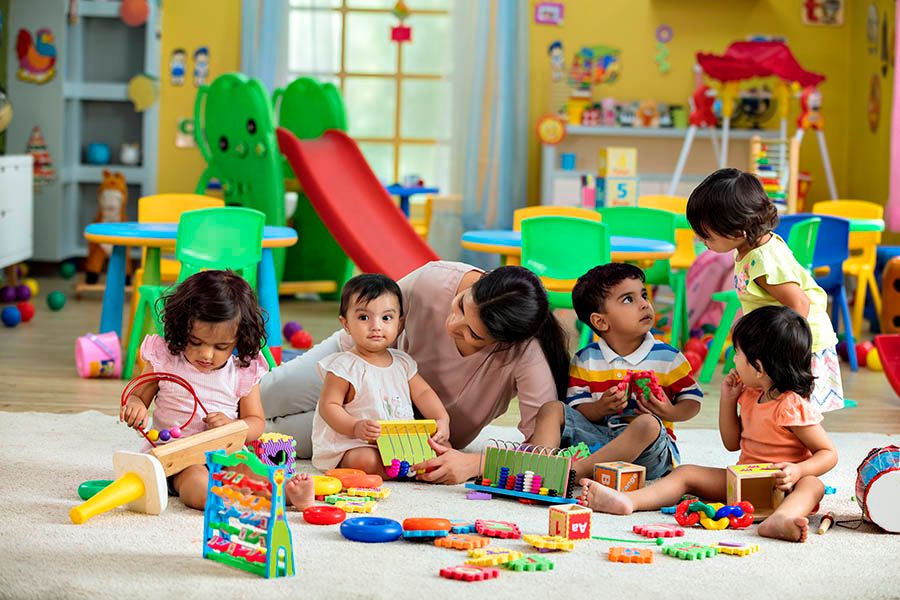Power of Play in Early Learning: A Comprehensive Exploration
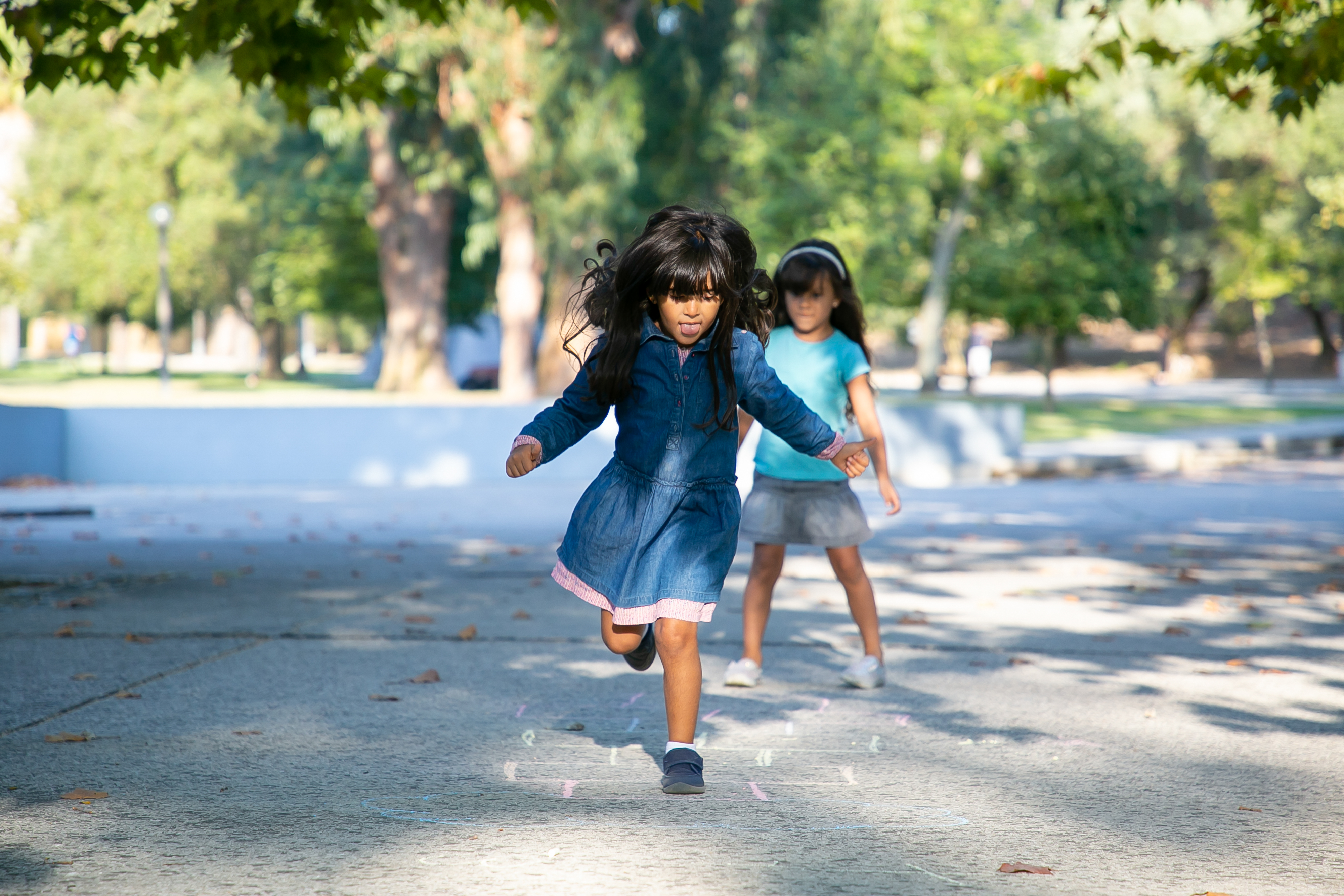
Play for a child is an expressive form of thoughts & emotions, which allows them to explore the world in a language that cannot be taught, but is already inbuilt. A process that appears simple and carefree, play is complex and dynamic for a child that influences their growth on multiple levels. From cognitive growth to social interactions and emotional well-being, play serves as a dynamic catalyst for a child’s multifaceted development. Understanding the profound importance of play is essential for parents and educators alike, as it shapes the very foundation of a child’s journey towards holistic development.
Unveiling the Role of Play in Cognitive, Social, and Emotional Development
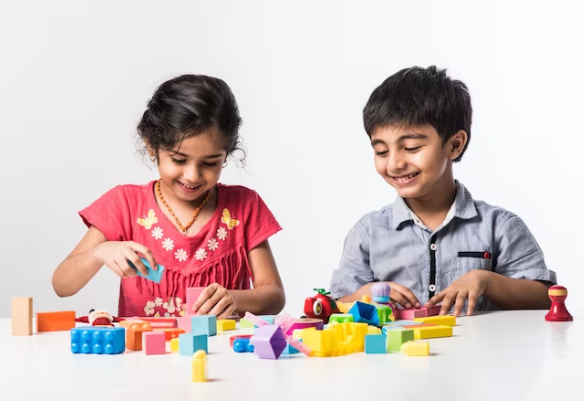
During Play, children engage their senses, imagination, thoughts, expressions and problem-solving abilities. Be it building blocks, creating make-believe scenarios, or sorting colors and shapes, their brains actively process information thus stimulating the development of neural connection and enhance cognitive skills such as memory, attention and critical thinking.
The Power of Play
Cognitive Development Through Play:
Building Blocks to Brain Development: The Cognitive Benefits of Play
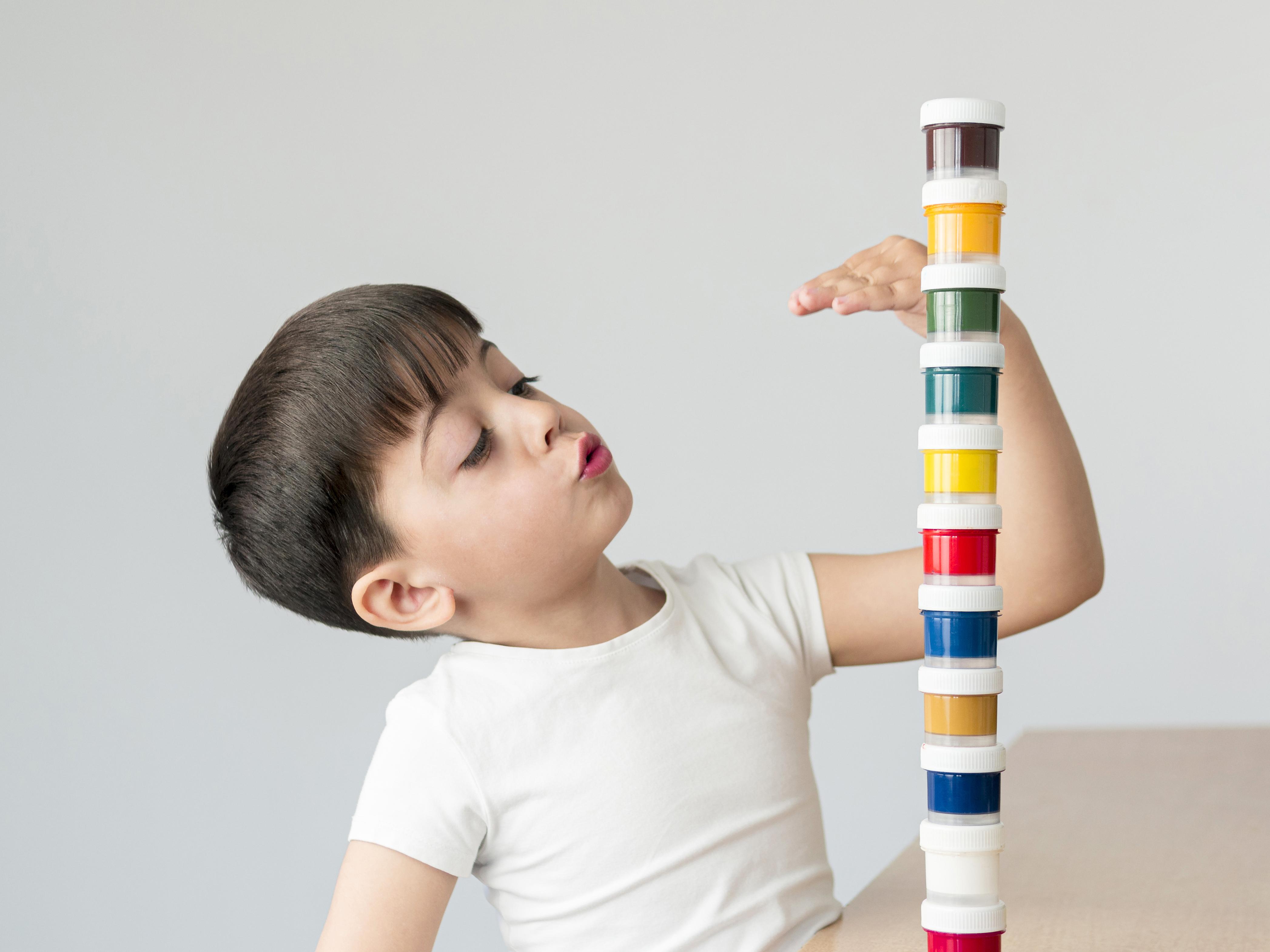
Cognitive development, a cornerstone of early learning, finds a natural ally in play. Through play, children experiment, make mistakes, and gradually understand cause and effect relationships, which are crucial for their overall cognitive development. For instance, when a child constructs a tower of blocks, they learn about balance, gravity, and spatial relationships, thus making their minds instinctively grasp mathematical concepts, and their cognitive prowess blossoms
Social Development and Play
Playmates and Proteges: How Play Enhances Social Skills in Children
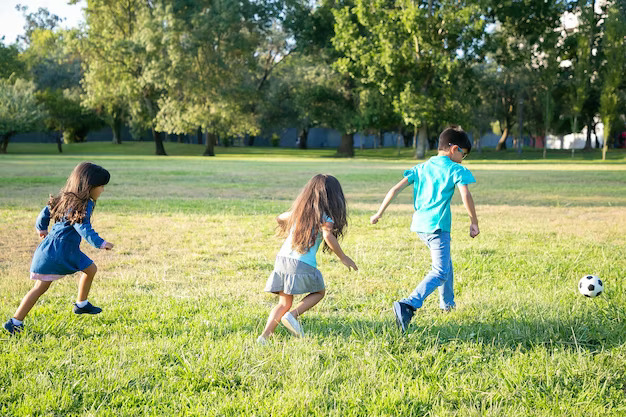
Play helps in the development of a child’s social and emotional well-being as well. Through play, a child learns social norms such as sharing, caring, taking turns and cooperation with his peers. It is through play and social interactions that a child understands empathy, allowing them to experience and understand the perspective of others and understanding their emotions such as joy, sorrow, anger, frustration, etc., thus establishing healthy relationship with others and helping them to grow into better human beings. For example, the act of taking turns in a game or collaborating on a project cultivates invaluable teamwork skills, all while fortifying their understanding of the social fabric that binds us.
Emotional Development in Play
Beyond Fun and Games: The Emotional Growth Spurred by Play

Emotionally, play provides a secure arena for children to explore their feelings. Whether its acting out different scenarios or expressing themselves through creative endeavors, play enables them to comprehend and manage emotions in a controlled environment. Joy and laughter triggered by playtime lead to the release of endorphins, effectively reducing stress and anxiety, and nurturing emotional resilience. When children feel secure and happy during playtime, they are more receptive to learning and absorb information more effectively.
The Role of play in Early Education:
Embracing a play-based learning approach in early education is pivotal. This method harnesses children’s innate curiosity, transforming learning into an engaging adventure. By fostering an environment rich in sensory play, arts and crafts, and dramatic enactments, educator’s tap into children’s natural inclination to explore, facilitating a seamless acquisition of essential skills.
Play based Learning:
Playful Classrooms, Lifelong Learners: Benefits of Play Based Education:
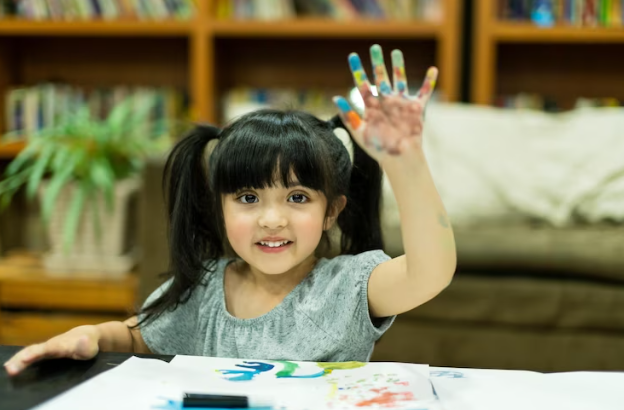
Play based learning is an educational approach that recognizes the value of play in children’s early years. This method encourages teachers to create stimulating play environments where children can explore, discover and experiment. Play- based learning can take various forms, such as sensory play, art and craft, dramatic play and physical activities. This approach allows children to take ownership of their learning journey, making the educational process more enjoyable and memorable.
Hands-on Learning:
Playful Discoveries: How Hands-On Learning Amplifies Educational Impact
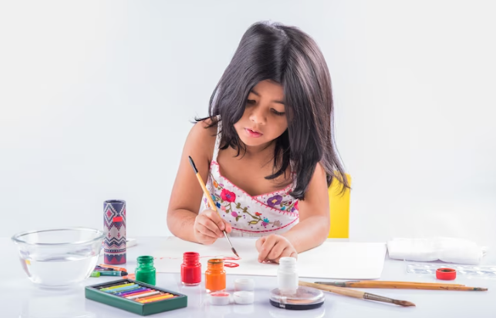
Play in early education also emphasizes hands-on learning experiences. As children actively manipulate objects, they forge tangible connections with abstract concepts, interact with their environment, and engage with their peers, which solidifies their understanding of fundamental principles, a testament to the potent combination of play and education. Through hands-on play, abstract ideas become tangible, and learning becomes meaningful.
Holistic Development and Play:
Play: The Key to Unlocking Holistic Growth in Early Education
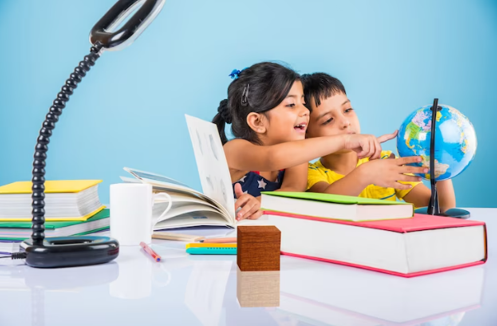
The holistic development of a child flourishes in the presence of play. Play based education nurtures cognitive ability, social adeptness, emotional intelligence, and physical dexterity. Each session of constructive play serves as a stepping stone, paving the way for future academic achievements and personal triumphs.
Incorporating play into early educational curriculum yields lifelong benefits. Children who engage in purposeful play from an early age exhibit enhanced concentration, better problem-solving capabilities, and heightened creativity. These qualities lay a sturdy groundwork for scholastic excellence and, later in life, pave the way for fulfilling careers driven by innovative thinking.
Conclusion
Play’s Lasting Legacy: Paving the Way for a Brighter Future through Early Education

In conclusion, play is a powerful tool, the importance of which extends beyond its immediate joys- it crafts resilient minds, compassionate hearts, and adaptable spirits. It is a call to action for parents and educators to infuse the educational journey with play, ensuring that each child blossoms into a well- rounded individual equipped to thrive in a complex world.
Elevating Early Learning Through Play: A Call to Action for Parents and Educators
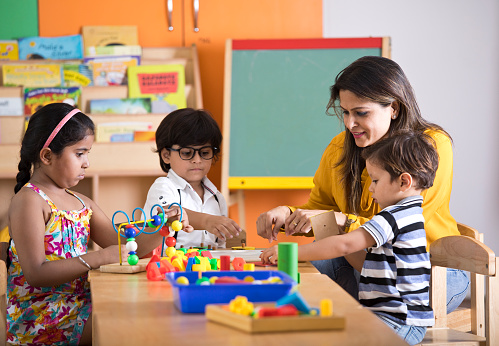
As parents, caregivers, and educators, we must recognize the value of play and actively incorporate it into a child’s daily routine. By embracing play as an essential aspect of early learning, we can ensure that every child has the best chance to reach their full potential and thrive in all aspects of life. As the landscape of early education evolves, the abiding significance of play remains constant. It is a timeless reminder that learning need not be confined to textbooks and structured lessons. By embracing plays transformative power, we set the stage for a future generation that is not only academically proficient but also socially aware, emotionally resilient, and creatively inspired.
